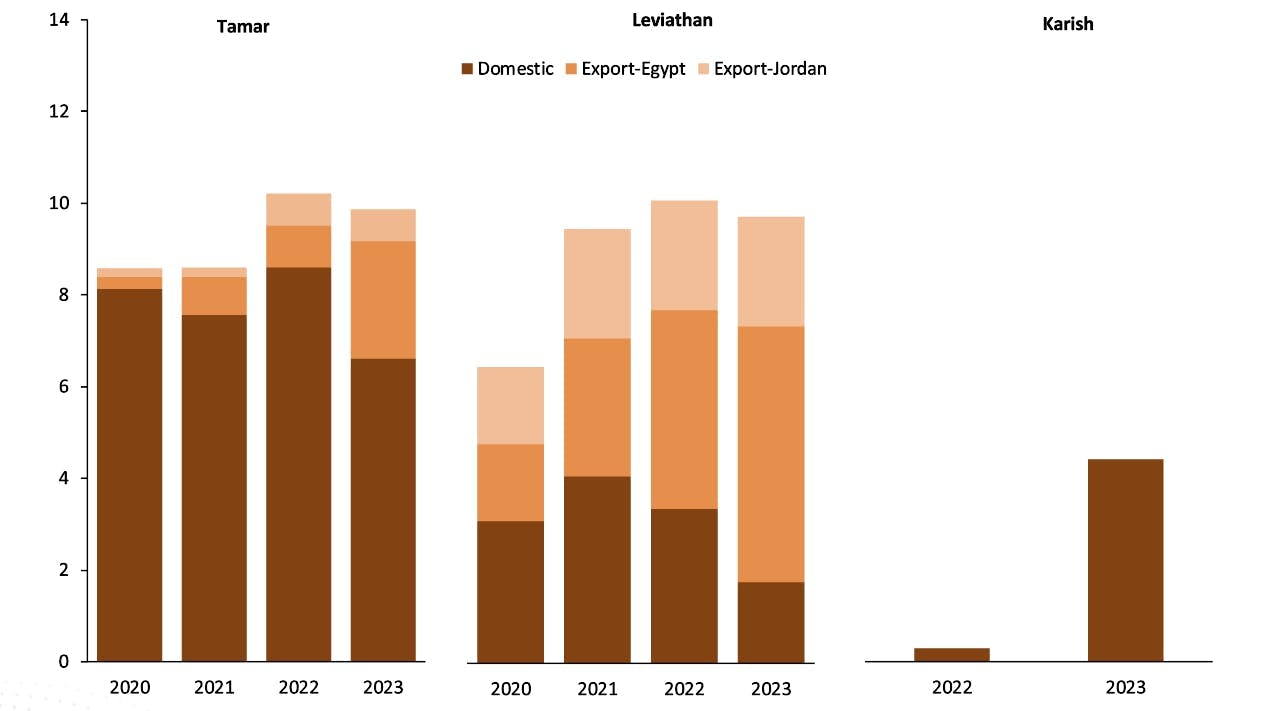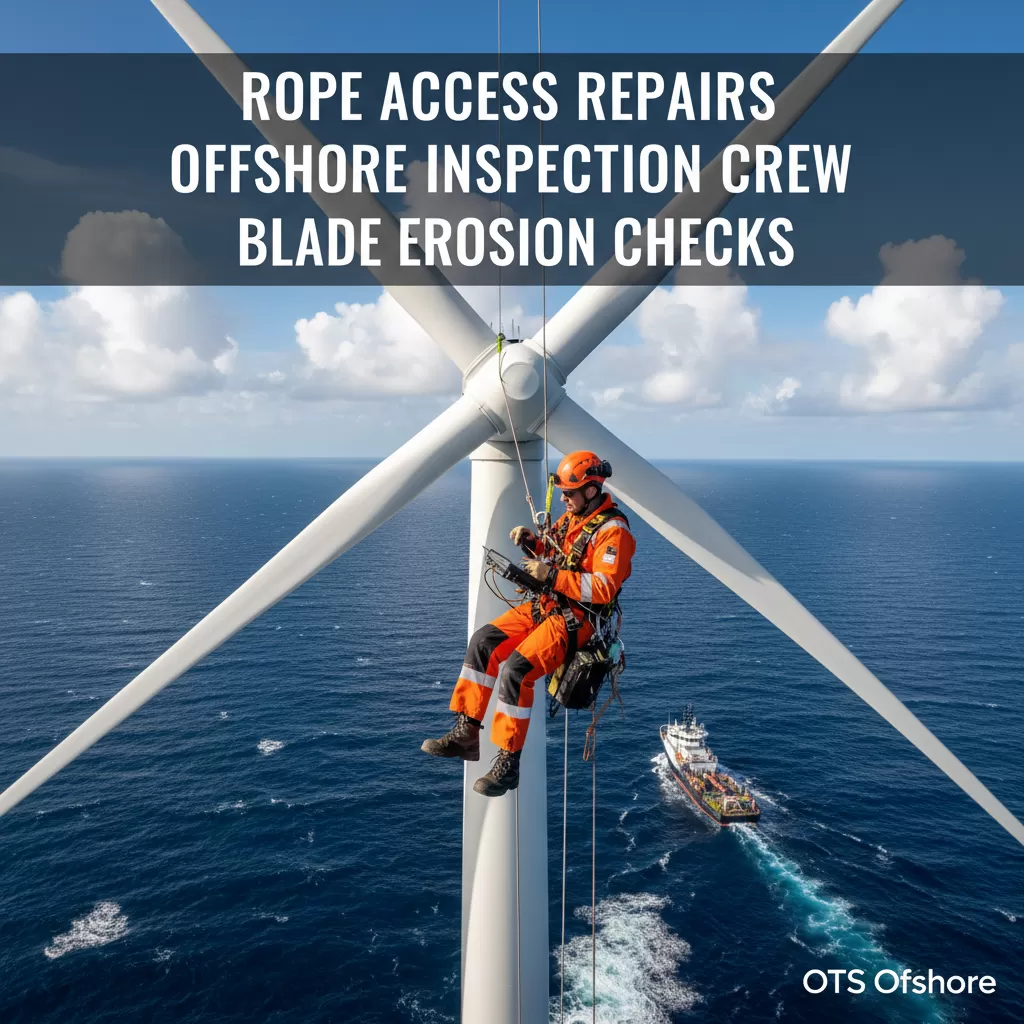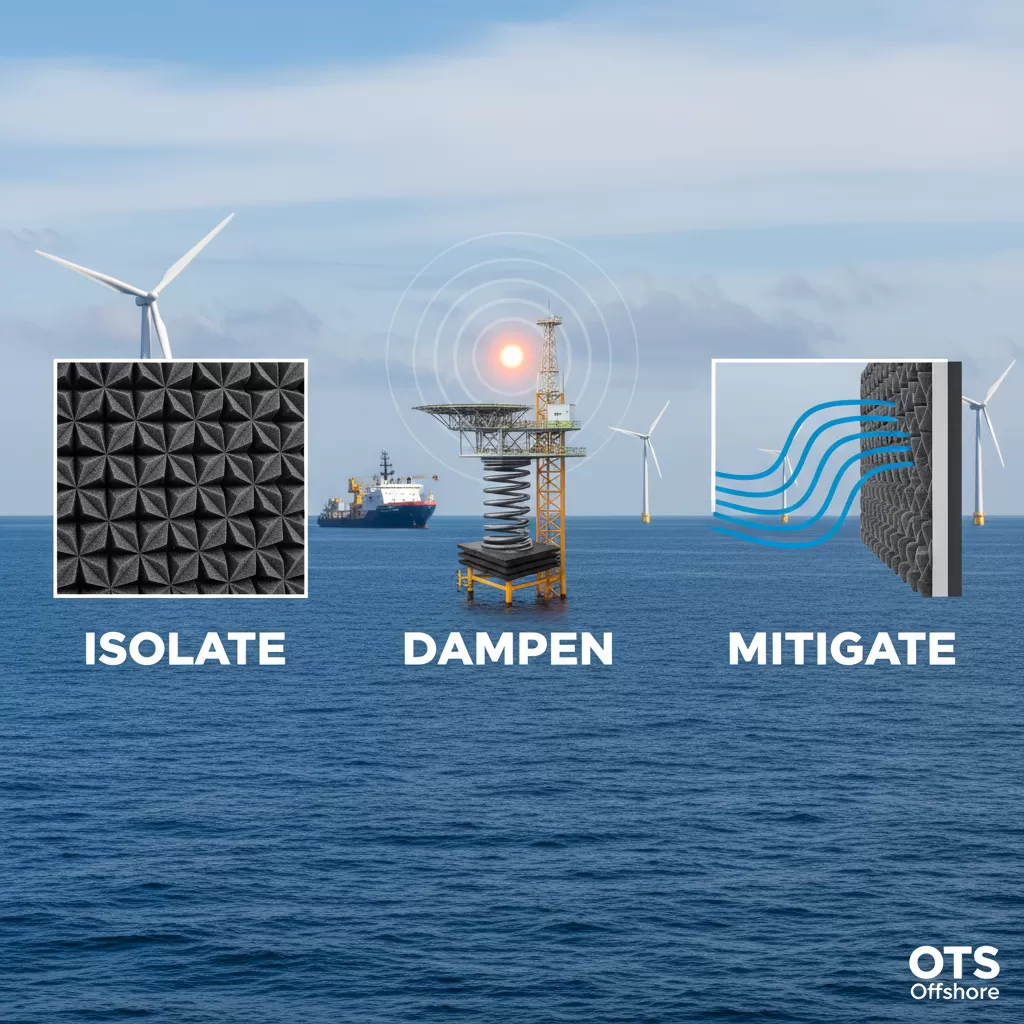The ongoing regional conflict in the Middle East is exerting significant pressure on Israel’s offshore gas producers. Despite the escalating tensions, upstream activity in Israel’s offshore gas fields has remained relatively stable, as noted by Rystad Energy. However, the situation is complex and precarious, with multiple potential risks and outcomes.
Impact on Gas Production and Exports

Israel’s gas production has seen an increase of 15% last year, supported by growing volumes from Energean’s Karish field. The Karish field, which accounts for a significant portion of Israel’s gas production and is all reserved for domestic use, is a critical component of Israel’s energy strategy. However, if tensions escalate, the field could be impacted, potentially affecting domestic supplies and exports.
The Tamar and Leviathan fields, operated by Chevron and Energean respectively, also play crucial roles in Israel’s gas production. Tamar accounts for approximately 38% of Israel’s total gas production and supplies over 70% of Israel’s domestic needs. Leviathan, which accounts for 44% of Israel’s total production, exports gas to Egypt and Jordan. These fields are essential for meeting both domestic demands and international commitments.
### Risk to Export Markets
Egypt and Jordan are heavily dependent on Israel’s gas supplies. Egypt imports around 7 Bcf/year from Tamar and Leviathan to support its domestic demand and power liquefaction plants. The suspension of gas exports due to the conflict could lead to significant disruptions in these countries’ energy supplies. For instance, Egypt halted all LNG exports from November 2023, using Israel’s natural gas to meet its own electricity demands instead.
### Potential Delays in Upcoming Projects
The ongoing conflict jeopardizes future investments in the region’s offshore gas fields. The Tamar expansion project, planned for 2025, is particularly vulnerable, with $1.2 billion earmarked for expanding the gas reservoir. Additionally, Leviathan Phase 1B, which includes the installation of an FLNG vessel with a capacity of 4-5 MM metric tons/year to tap into the European market, is at risk. The delay in these capital investments could have long-term implications for regional energy security.
### Maritime Border Disputes
Escalating tensions could also impact the maritime border agreement between Israel and Lebanon, signed in October 2022. This agreement granted Israel full rights to the Karish field and Lebanon to the Qana field. However, if








